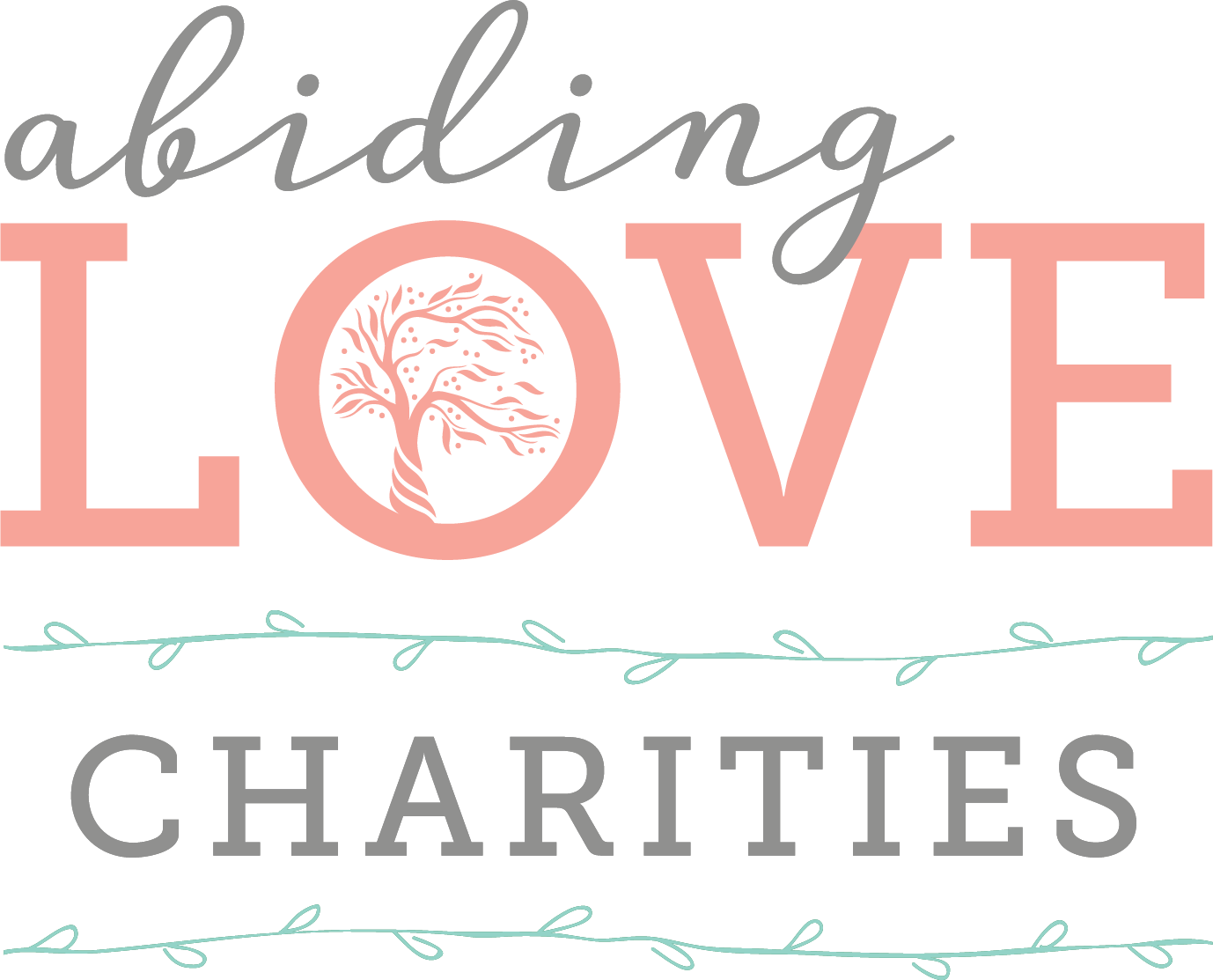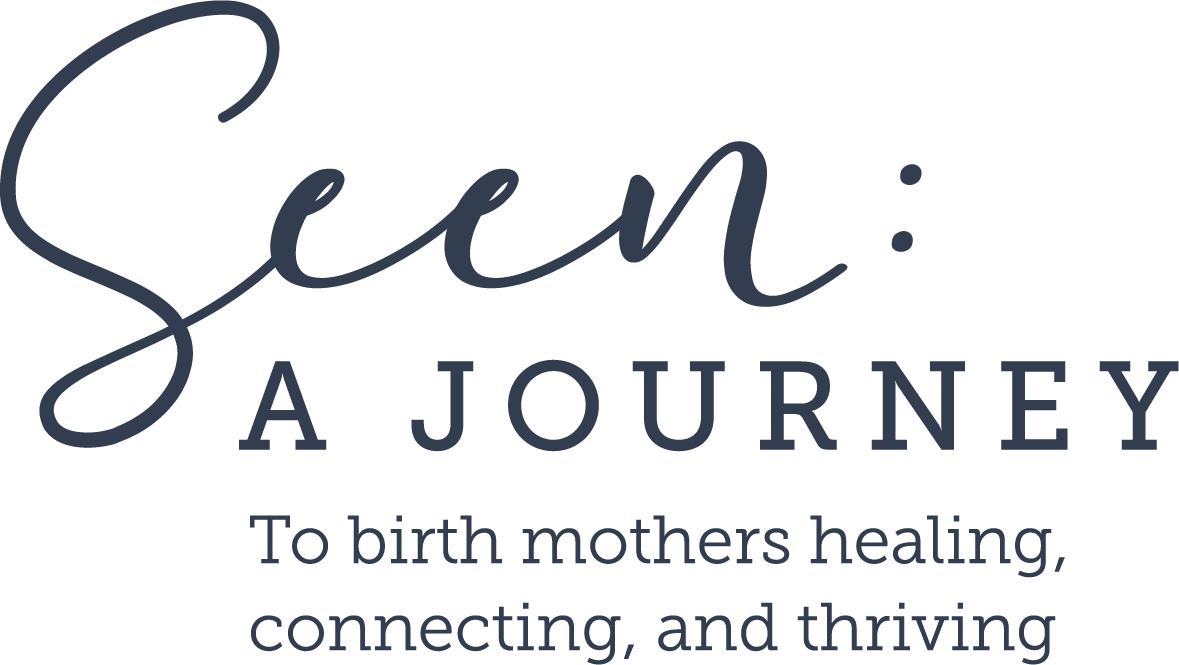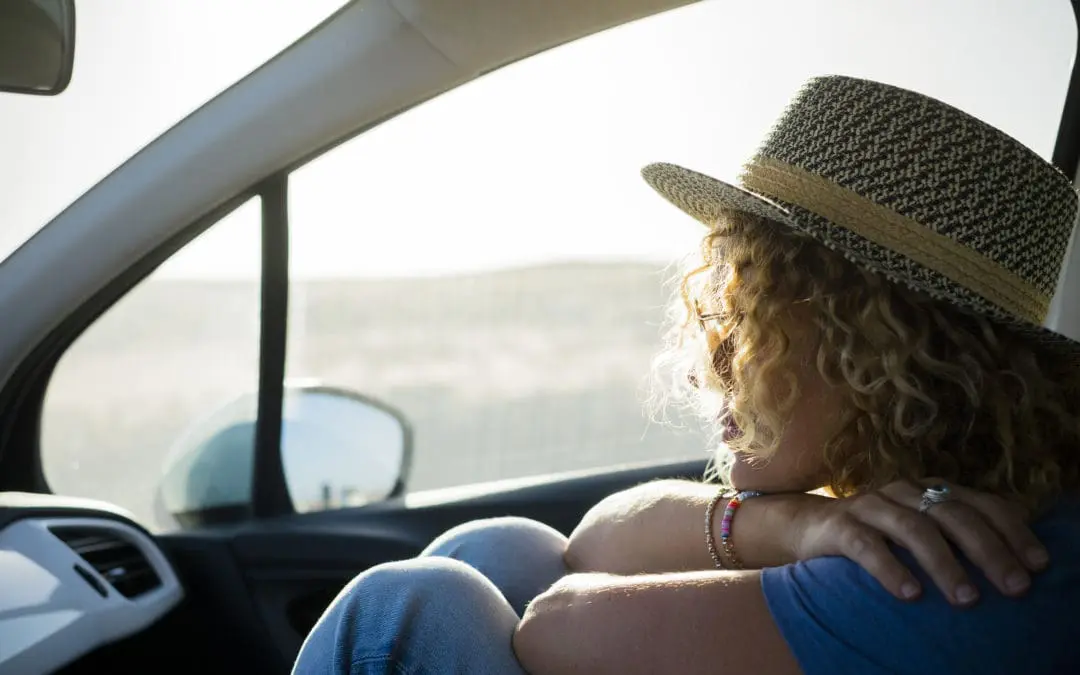“It is a process, not a moment.” – Michael Santoli
It was a broadcast about the state of the stock market and the economy in general. It is not something that I regularly pay attention to. The news has been droning on about whether or not there will be a recession for weeks. This was nothing new. But a question was posed to the man talking about the reports. That question was, “Do you think the market will recover?” His response, “It is a process, not a moment.” I froze in my tracks. That statement has so many layers, almost too many applications. When it comes to adoption, there is loss on all sides. Adoption loss is something that most people try and rush through only to find out they are no better than where they started. How can we be of help to those going through adoption loss?
Like most losses, the majority of the people around you are going to expect you to go through it quicker than you actually will. That can be frustrating when you are the one suffering from adoption loss. That exercise can be chaffing to the nerves and wounding to the soul. The truth is, you are not doing anything wrong. You are just going through your own process and most times, the process should be slower than you want it to be.
Adoption Loss Is A Circular Pattern Not A Linear One
One of the great mistakes in healing from any kind of loss is thinking that the path out of it is a straight line toward an end goal of no more pain. I’m terribly sorry to say, it just doesn’t work that way. Instead of thinking of your current state of adoption loss looking like one point and total bliss looking like the destination, think of it as the bottom of a cone.
If you could draw an imaginary cone around yourself, it would look like a tight circular line at the closest points to you, with the line circling up and away from you. That is how a grief journey should look like.
We start to heal when we surrender to the reality that we are in pain. That is admission is where the circular line feels tight around us. When we seek help, the line goes up and a little further away. As we progress toward healing from adoption loss, taking deliberate steps, the line circles further and further out. Adoption loss can involve a lot of disenfranchised grief, meaning we are grieving something we don’t feel like we have permission to experience. Experiencing this kind of grief keeps us trapped in one spot, mourning in secret and frozen in time. It is when we claim the truth about adoption loss for ourselves that we begin to move again, not moving on, but moving on from intense feelings. There is a certain peace in knowing it’s okay to grieve, but understanding the intensity of our grief has nothing to do with losing our emotional connections.
How To Help Someone Heal From In Adoption Loss
It feels tricky to love someone who is experiencing adoption loss. Most of the time, people are afraid to talk about the person’s experiences with adoption for fear of upsetting them. The truth is, most of those who suffer from adoption loss are struggling to find someone who will let them talk about it without judgement. You don’t have to have any answers, just open ears that are ready to listen.
If you love someone with adoption loss, invite them to talk. It is okay to say you are there to listen if they want to talk about it. They may not, but at least they know you are willing when they are ready. Don’t offer advice, just understanding. Let them acknowledge their pain and validate their feelings by saying it is okay to be emotional about it. Give them space to cry, and to process the emotions they need to. This takes patience but to the person you love with adoption loss, it is invaluable.
How To Get Help For Adoption Loss
Up until recently, there was not much in the way of support for those who suffered from adoption loss. With social media came online support groups for those seeking connection and community. Beware, some online communities are better than others. Groups that focus on suffering and pain are not particularly helpful for those who want to move toward healing. If one online community doesn’t work, try another one.
There are also in-person support groups for Adoptees and Birth Mothers now. These face-to-face meetings help to ease the loneliness that Adoptees and Birth Mothers often face. Sometimes, it is the structure and the place to meet that makes people want to reach out for help more than online groups. It is worth a try to help you understand your own adoption loss.
Keeping an optimistic outlook that healing from adoption loss is possible goes along way to keeping the adoption journey headed in the right direction. You will circle back to feelings of loss time and time again, but if you keep your commitment of healing, they will not feel as interruptive as they have before.


